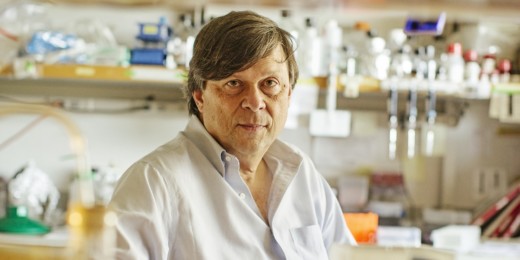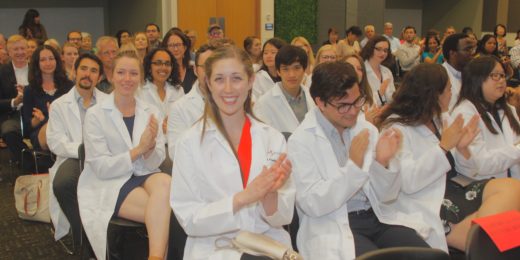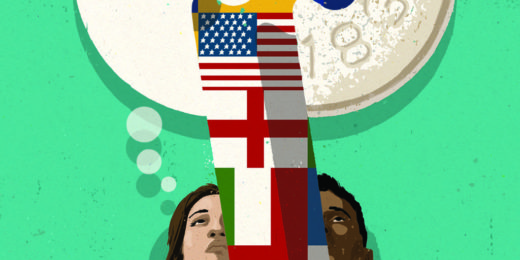A Stanford study examines a key aspect of artificial intelligence: If machines provide advice for patient care, who should those machines be learning from?
Month: October 2018
New computer model designs a drug delivery strategy to fight cancer
A better understanding of how nanoparticles move from the bloodstream into a tumor could eventually lead to more effective cancer treatment.
Your gut-microbial ecosystem is a pharmaceutical cornucopia
Your trillions-strong ecosystem of gut microbes, in addition to its many other responsibilities, operates as a homespun pharmaceutical factory.
A domestic violence survivor’s story
In this Stanford Medicine Unplugged essay, medical student Natasha Abadilla shares her personal experience with domestic violence.
Stanford immunologist pushes field to shift its research focus from mice to humans
Much of what we know about the immune system comes from experiments conducted on mice. But lab mice are not little human beings. The two species are separated by both physiology and lifestyles. Stanford immunologist Mark Davis is calling on his colleagues to shift their research focus to people.
How to feed the smallest preemies: A new guide is available
Feeding the tiniest, most vulnerable human beings takes patience and know-how. A new toolkit updates doctors on the nutritional needs of preemies.
A life in a “spectacular field” starts now: A welcoming address to bioscience graduate students
To welcome new Stanford PhD biosciences students, alum David Bilder offered inspiring remarks at the recent lab coat ceremony.
Medicine and literature, mental health and history: A Q&A with psychiatrist-writer Daniel Mason
In this interview, Stanford psychiatrist and novelist Daniel Mason reflects on the intersections between writing and psychiatry.
Firelight serenade: Stanford Medicine students perform at open mic
Members of the Stanford Medicine community gather at the first open mic of the quarter for a night filled with comedy, instruments, dancing, and improvisation.
Genetics of cholesterol reveal insights into heart disease and diabetes drug targets
Scientists find new potential drug targets for heart disease and diabetes, while shedding more light on the genetics of cholesterol, a new study has found.
Turning molecules into medicine with SPARK
As someone who had spent her career studying molecules on a computer screen, experiments involving people were a revelation and inspiration for Jane Tseng, PhD, …












